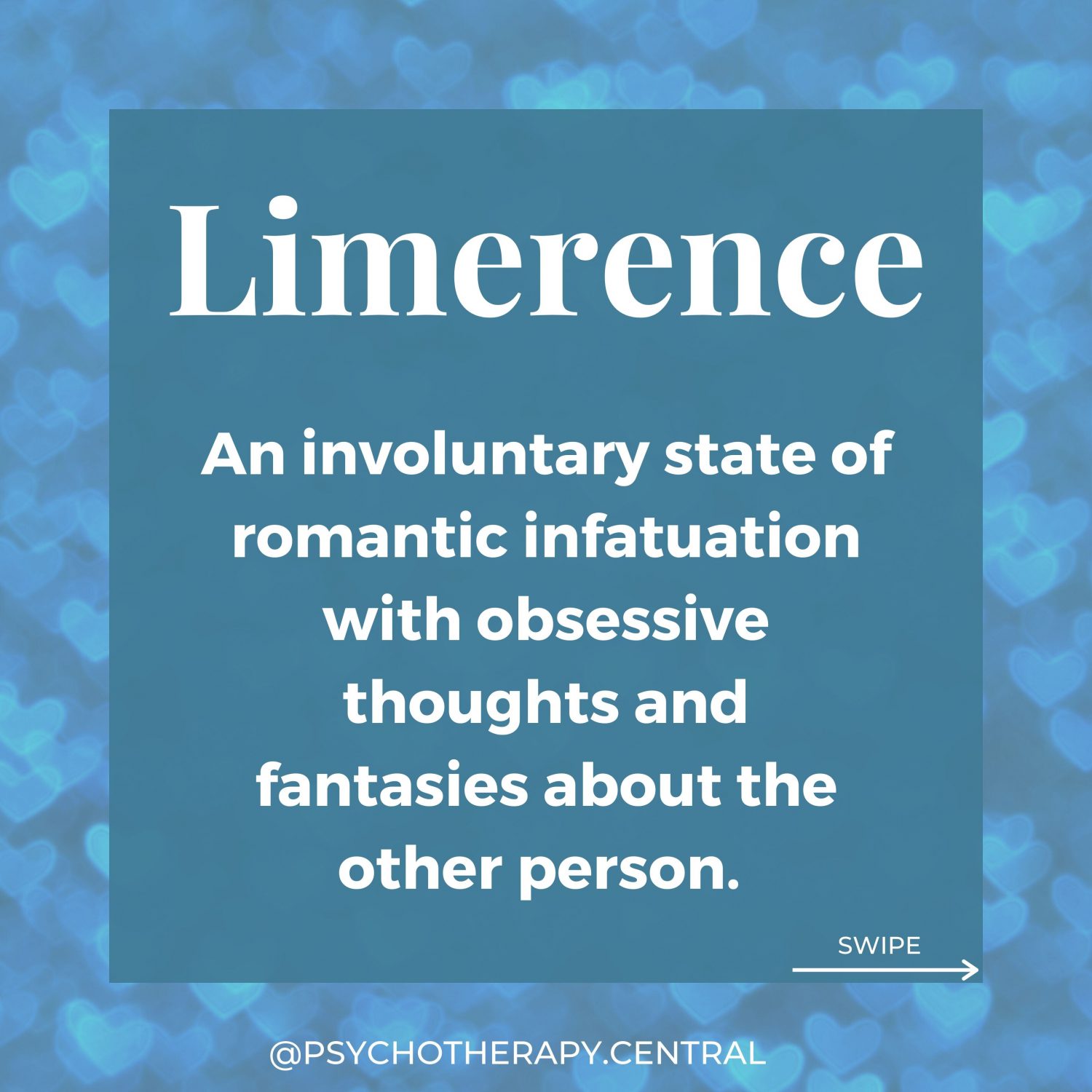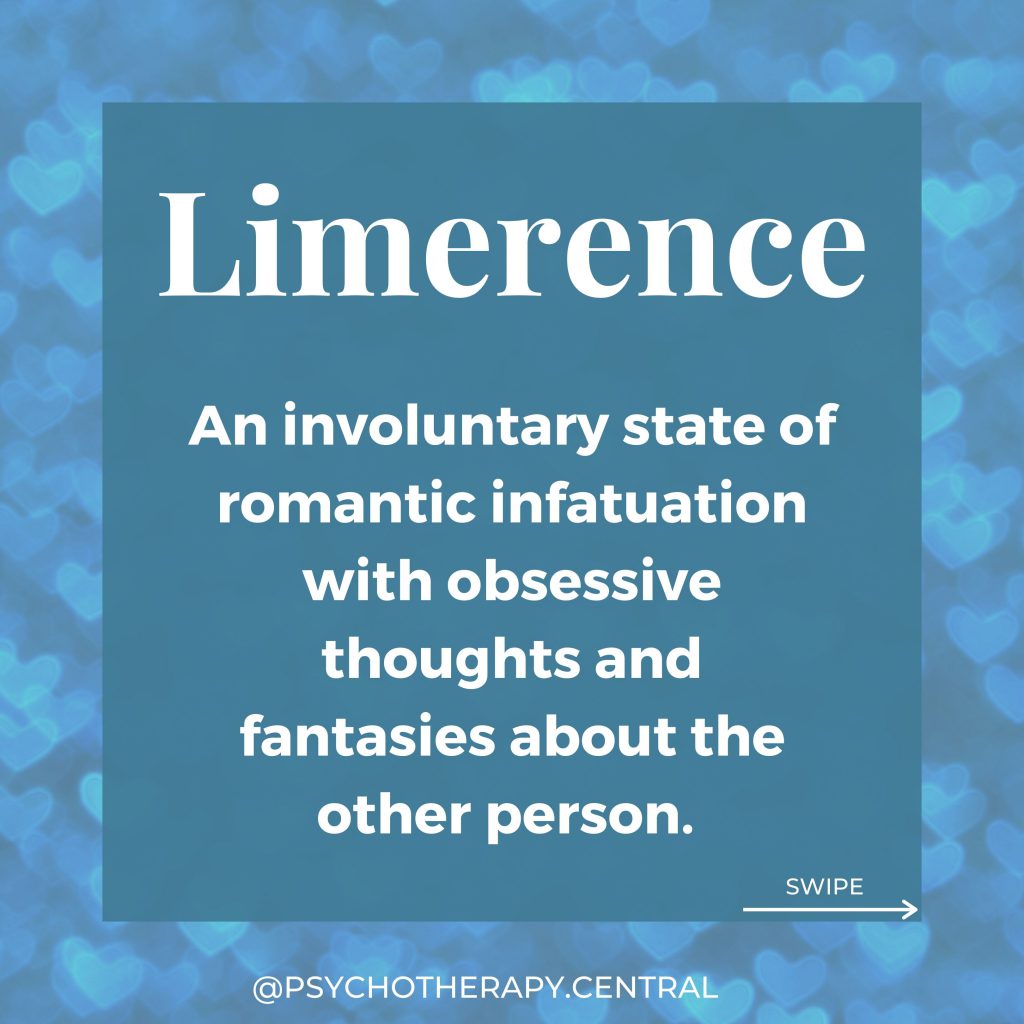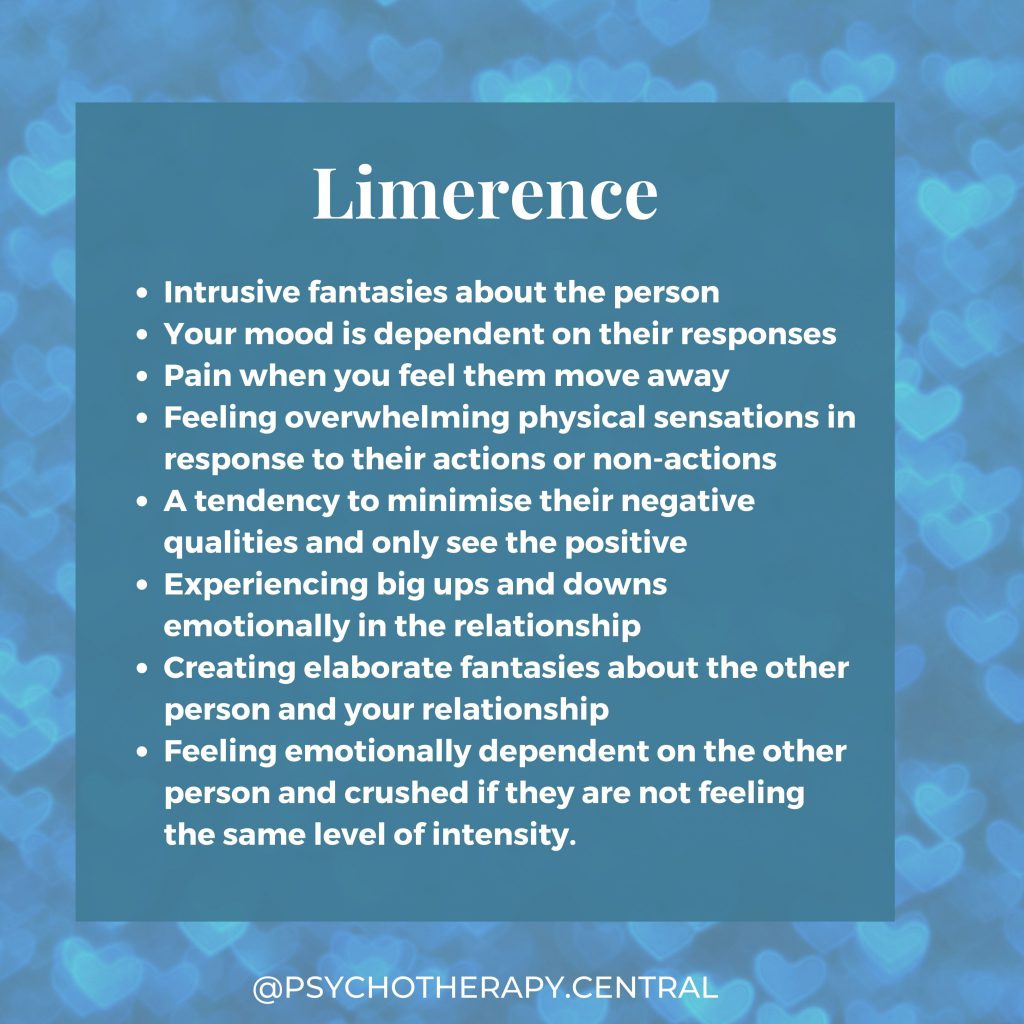Limerence was first identified by the psychologist Dorothy Tennov in the 1970s in her book, Love and Limerence: The Experience of Being In Love.
When we fall into infatuation, we don’t see clearly, and we risk ignoring obvious red flags. With limerence, we know the red flags are present, we know that we ‘should’ be taking more notice of them, but we seem to be in a tug of war with the part of ourselves that is living the fantasy.
Is this similar to the honeymoon phase of a relationship?
Yes, it’s similar, but the key difference is the level of fantasising involved and the emotional dependency that quickly develops.
Long-lasting love comes about through mutual affection, empathy, and shared experiences based on reality.


